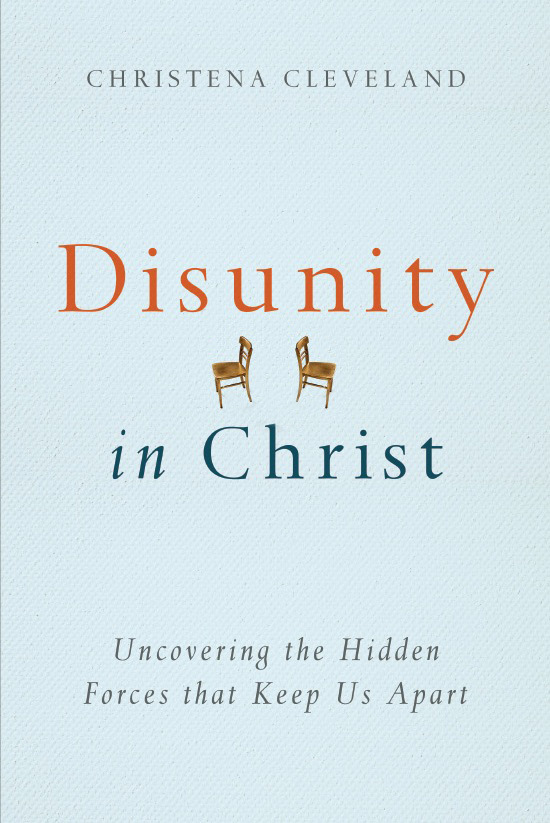Do you BIRG?
By Scott Hughes
Have you ever noticed the way people talk about their favorite team? If the team is doing well, fans will use the pronouns "we" and "us." "We are really running the ball well this year." If the team is not playing well, the fans use the pronoun "they." "They aren't playing good defense."

I'll confess: I am guilty of this. What I didn't know was that there is a sociological phrase describing this tendency. It's called BIRG (Bask in Reflective Glory). Christena Cleveland explores this tendency in her book Disunity in Christ. We are guilty of BIRG with more than just our favorite sports teams. We'll even do it regarding our church. If the church we participate in is growing, and especially if the community recognizes it as a popular church, we'll be happy to tell you about "our" church. If we don't like some of the decisions that have been made, or the circumstances are not what we wish they would be, we might say "those people" or "they" have made some bad decisions.
We BIRG a lot. As Cleveland points out, BIRG can reveal a deeper issue. It might not seem like a big deal when we distance ourselves from our favorite team; but below the surface, what we're doing is protecting our identity. If our team is going well, if our church is growing, if our work is successful, we'll gladly identity with them. Sadly, this exercise makes us feel better about ourselves. The converse is also true. If things at work or church aren't going well, or if our sports team isn't performing up to par, we feel we need to distance ourselves from them to protect our identity, or really, our ego.
I've noticed this tendency with regard to the label "Christian." Within the current American culture, there is a stigma of Christians as judgmental and hypocritical. Thus, some prefer to self-identify as "Jesus followers." Subtle though it may seem, this distinction serves to distance "Jesus followers" from the perceived negatives of "Christians," while wanting to claim only the positives. (I mean, who dislikes Jesus?)
BIRG might not seem like a big deal at first glance, but if our identity is so fragile that we engage in BIRG to distance ourselves from one another, then it is, as Cleveland's book title suggests, a dynamic that reveals disunity within the body of Christ.
Experiences like being around a "celebrity" make us feel that we are important because we are around important people. Conversely, think about people you don't want to be around (could be due to their social awkwardness or a string of mishaps or even failures). It is as though we're afraid we'll catch their lack of glory. Yet isn't that exactly who Jesus came to be identified with? (Philippians 2:5-11) It takes courage to identify with those whom Jesus identifies with, especially when we would rather not identify with the baggage "they" carry (unthinking, liberal, conservative, hypocritical, judgmental, and so on.) Identifying with Christians we disagree with challenges our identity and whom we are willing to include. Perhaps just watching our pronouns would go a long way to restoring our perceptions of other Christians. But what do I know - I'm an Atlanta Falcons fan, and "they" are underachievers.
Reflective Questions for Individuals:
- How did Jesus do the opposite of BIRG? He was always BGTO (Bringing Glory to Others). Whom do you hesitate to identify with? Why so?
- Notice this week how you or others BIRG.
- Why do you go to the church you do? Does it make you feel successful to be a part of the church you attend?
Reflective Questions for Church Leaders:
- How do we help our members live out the doctrine of the incarnation (that God came in the flesh and identified with the weak and lowly)?
- Are there people your church needs to be more intentional about BGTO?
